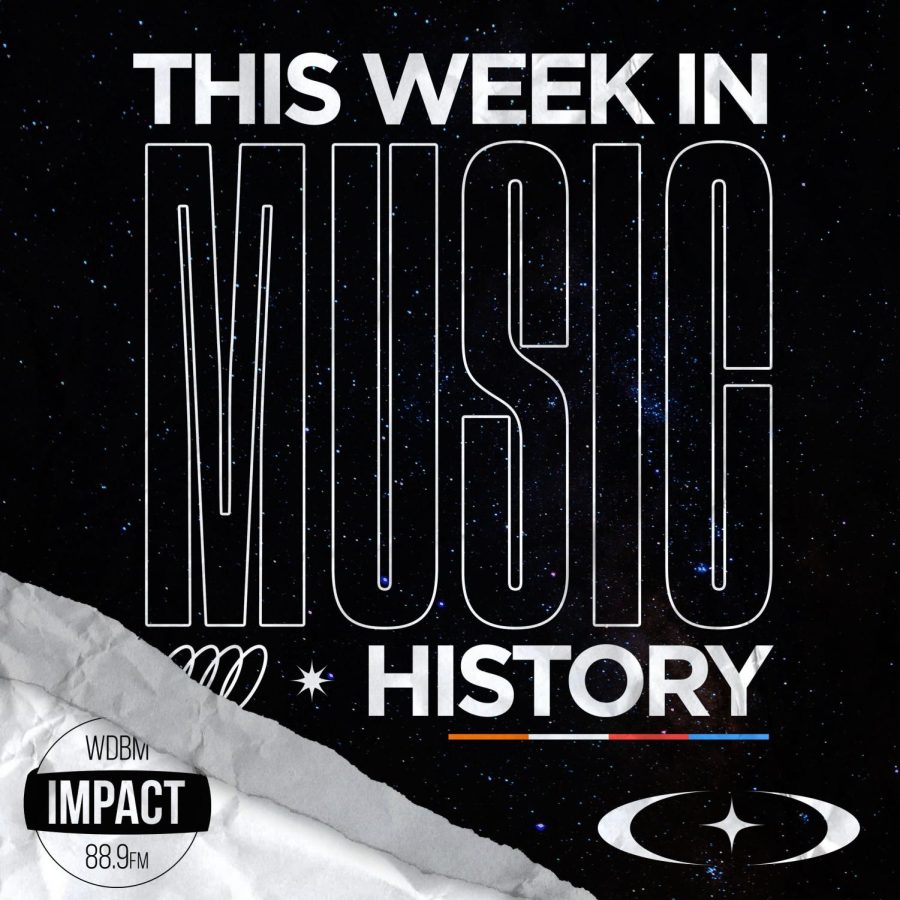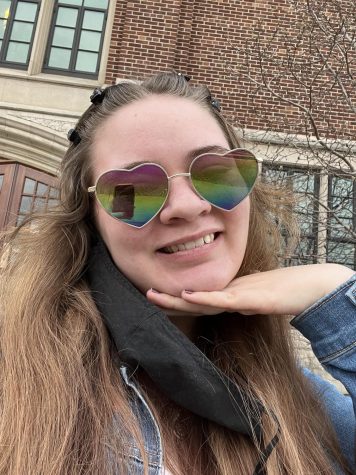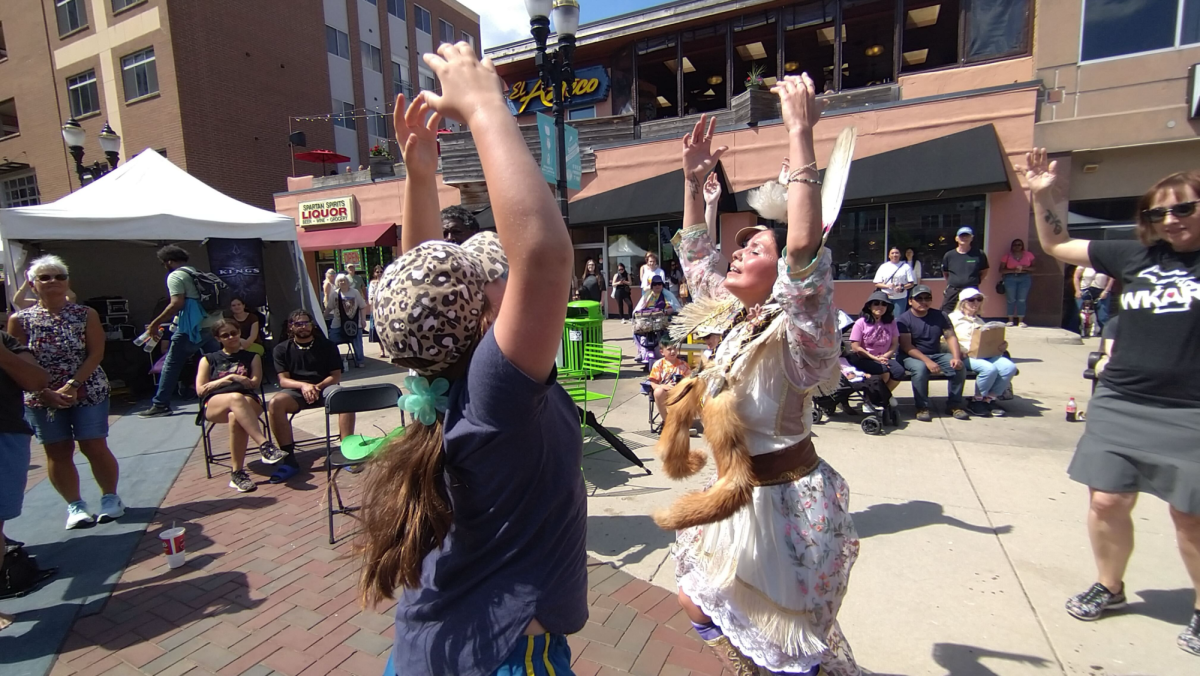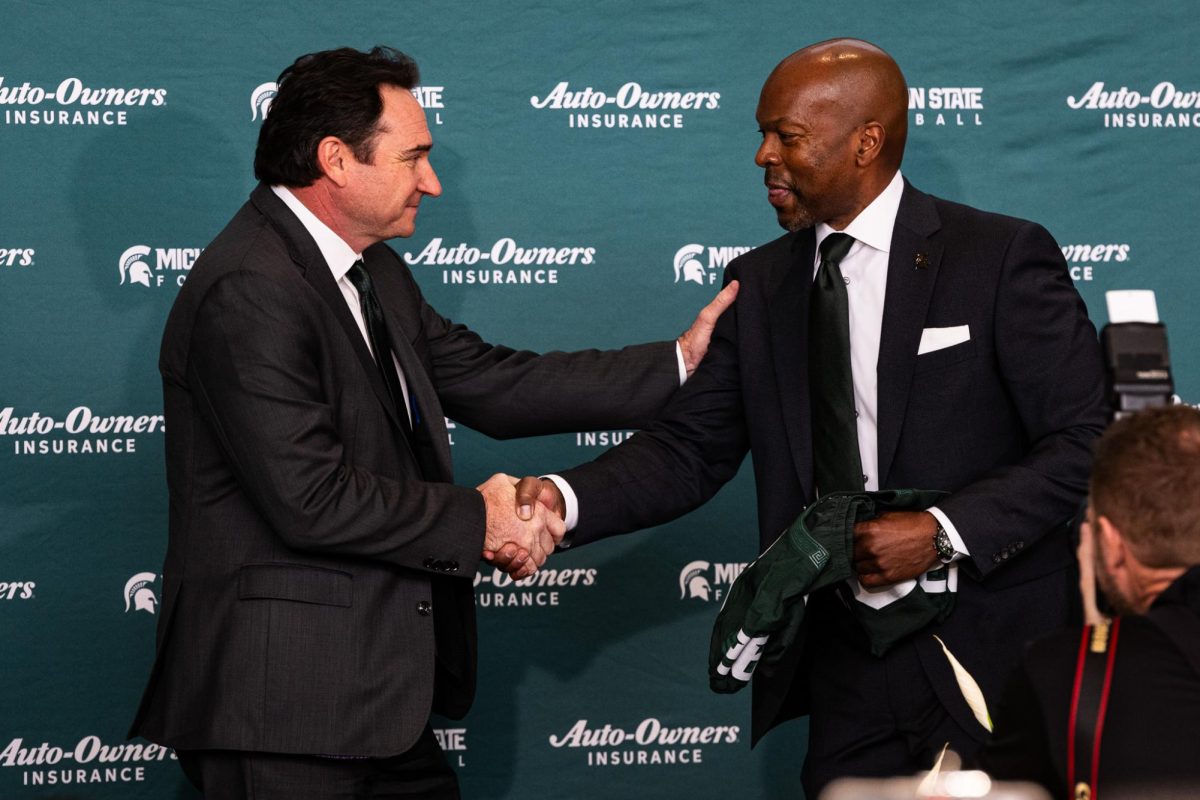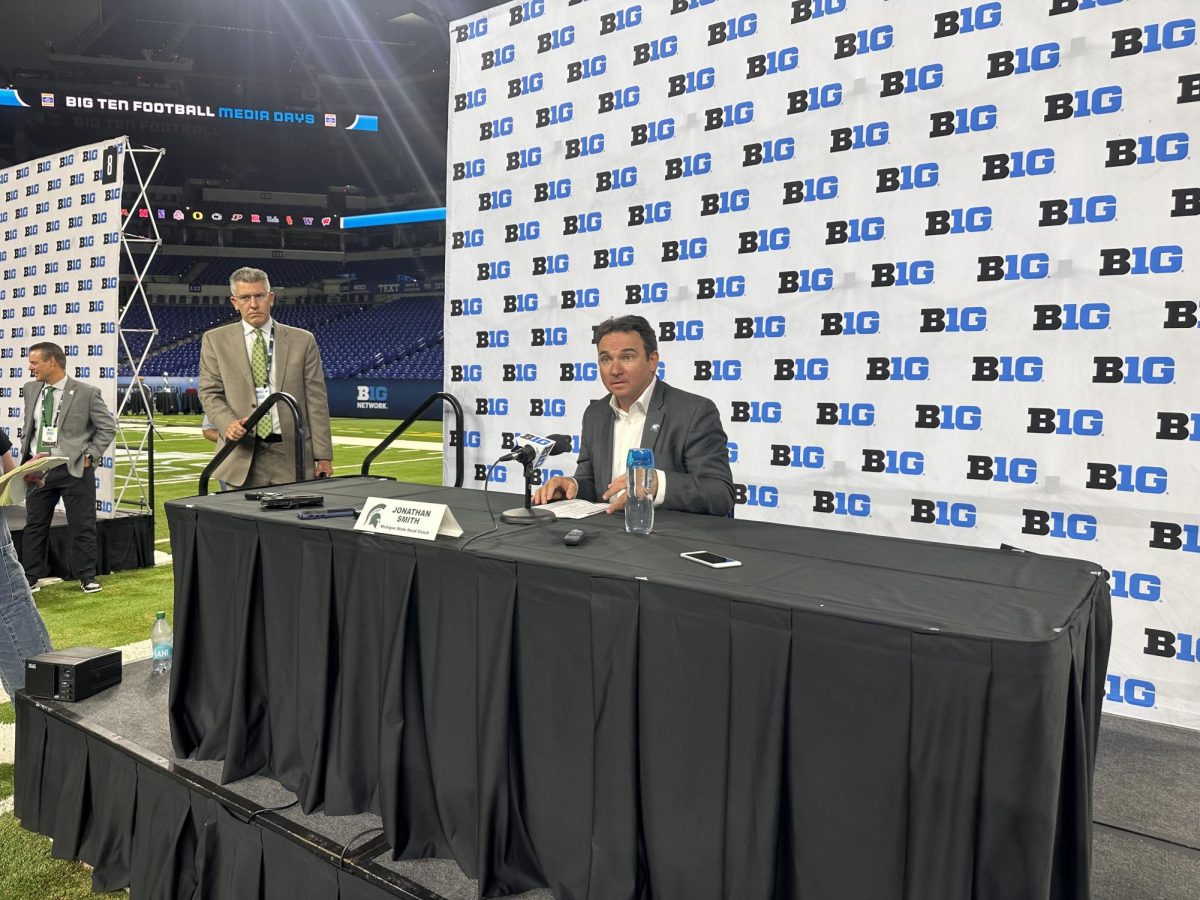This Week in Music History | April 17-22
April 17, 2023
In a different, tragic week in music history, rock legend Freddie Mercury passed away in 1991. This week, however, had the music industry coming together in their grief. On April 20, 1992, some of the biggest names in entertainment joined together at the Freddie Mercury Concert for Life. The concert was organized by Brian May, Roger Taylor and John Deacon to both remember their bandmate’s legacy but to also bring awareness to the epidemic that had taken Mercury’s life: AIDS. According to the website of the Mercury Phoenix Foundation, the charity set up in his honor, they have raised millions of dollars to fight AIDS, which they estimate affects nearly 40 million people around the world.
The line up for this event 31 years ago was absolutely stacked. Aside from Queen themselves, there was Elton John, George Michael, Liza Minelli and David Bowie, to name a few. Shown in a documentary on Queen’s official YouTube channel, Wembley Stadium was packed with 80,000 cheering and grieving fans, with countless more on television. The artists sang a mix of Queen’s greatest songs and some of their own. Elton John and Axl Rose sang a triumphant rendition of “Bohemian Rhapsody.” Elton John, who also has his own prominent AIDS foundation, played the piano and handled the melodic beginning while Axl Rose sang the loud rock ending, all to raucous applause. My own favorite performance is George Michael’s version of “Somebody to Love,” though I don’t know if it’s because it makes me think about Michael’s own premature death, or that he sang this powerful ballad about searching for love as a closeted gay man in the height of the AIDS epidemic. Things that make me cry aside, this concert brought together countless people — from the rock star to the average fan — to celebrate and to mourn, and to leave an impact felt throughout music history, not just this week.
~Madison Reinhold
They may have been, in the words of John Lennon, “more popular than Jesus,” but that is something the Vatican didn’t particularly vibe with. It took the Vatican 34 years to forgive the Beatle for those words. Sadly, Lennon wasn’t alive when this happened. In his stead, Ringo Starr rejected the forgiveness from the Vatican in 2010.
In an article in the Vatican’s L’Osservatore Romano newspaper, the editors wrote that the Beatles said they were bigger than Jesus and put out messages that bordered on Satanic, but what would pop music be without them? Ringo rejected their forgiveness, pointing out their Satanic callouts, and that they have more to talk about than the Beatles.
~Ashe Burr
On April 22, 1989, Madonna’s “Like a Prayer” hit No. 1 on the Billboard Hot 100. A controversial music video and a dropped $5 million Pepsi sponsorship not only propelled the song to the top of the charts, but helped it achieve a legendary status many could only dream of.
Her seventh of 12 No. 1 singles, “Like a Prayer” was a very important moment in Madonna’s career. Her ability to mix religious symbolism and iconography with topics of racial discrimination and sexuality was highly praised and perfectly showcased her outspoken nature when it came to taboo subjects. She is a true artist, unafraid to use her art to stand for what she believes in — even if it gets her into trouble. Without her and the risks she took with “Like a Prayer,” the pop culture landscape would be a completely different place.
~Ryan McMillan


